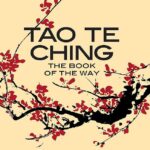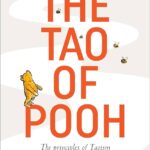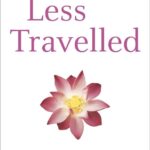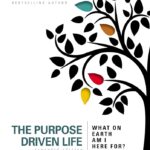Welcome to Thinkers Books, your intellectual companion on the journey through the world’s most enlightening literature. Today, we delve into a transformative book reshaping how we view health and nutrition – ‘The Whole30’ by Melissa Hartwig.
A nutritional therapist, Melissa Hartwig has dedicated her life to helping people transform their dietary habits. Her book, ‘The Whole30’, presents a lifestyle revolution and not merely a diet plan. It advocates resetting your health by understanding what is beneficial for your body and what isn’t. More than a diet guide, it teaches meal preparation and cooking skills, enabling you to consume healthier foods and enjoy preparing them.
Central to ‘The Whole30’ is a 30-day program that eliminates certain food groups negatively impacting health. These include sugar, grains, dairy, and legumes. The aim is to reset your body, identify potential food sensitivities, and create a more nourishing and beneficial diet. Throughout these 30 days, you may experience changes in sleep patterns, energy levels, mood, and potentially even weight loss. After this, you gradually reintroduce these food groups, observing how each affects your body. This journey of self-discovery can lead to a healthier and happier you.
Now, let’s explore the top five learning points from this enlightening read:
- Understanding Your Body: ‘The Whole30’ is more than a diet. It’s a process of self-discovery. By eliminating and then slowly reintroducing certain food groups, you learn how your body reacts to different types of food. This knowledge can be life-changing, helping you make healthier choices that suit your body’s needs.
- Cooking Skills: Hartwig emphasises cooking as an essential part of a healthy lifestyle. Preparing your meals allows you to control the ingredients you’re consuming and appreciate the effort that goes into preparing nutritious meals. This skill will serve you well beyond the 30-day program.
- Lifestyle Shift: ‘The Whole30’ is about altering your lifestyle for good. The program aims to change your relationship with food, encouraging mindful eating and conscious choices. It’s not about depriving yourself but about nourishing your body with what it needs. This shift in mindset can lead to long-term health benefits.
- Holistic Health: The program acknowledges that health isn’t just about physical well-being. It considers other aspects like sleep quality, energy levels, and mood. Many who have followed the ‘Whole30 program report improved sleep, higher energy levels, and better mood stability. This holistic approach sets the ‘Whole30’ apart from many other diet plans.
- Empowerment: Perhaps the most crucial takeaway from this book is the sense of empowerment it instils. The ‘Whole30’ program puts you in charge of your health. You decide what to eat based on how it affects your body. This kind of self-awareness is empowering. It encourages you to make better decisions and take responsibility for your well-being.
‘The Whole30’ is more than a diet book; it is a guide to better living. It empowers readers to take control of their health and become more aware of their bodies. In my opinion, it is a must-read for anyone looking to improve their health. Its holistic approach and emphasis on empowerment resonated with me. It’s not about quick fixes but lasting changes.
As we conclude our exploration of ‘The Whole30’, I invite you to delve further into the world of insightful summaries offered by Thinkers Books. Remember, as Tony Robbins once said, “Change is inevitable. Progress is optional.” ‘The Whole30’ gives you a path to progress. It’s your choice to take it. Until our next intellectual adventure, keep reading, thinking, and growing!







